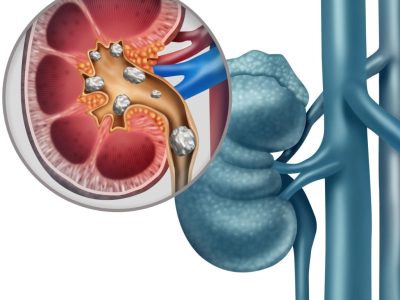Treatment Of Kidney Stones
- Home -> Treatment Of Kidney Stones
Treatment Of Kidney Stones
The treatment for stones typically depends on the type and size of the stones, as well as the location and symptoms they cause. Here are some common treatment options for different types of stones:
Kidney Stones:
- Small stones: Most small kidney stones (less than 5 mm) can pass through the urinary tract on their own with increased fluid intake and pain management. This process is often supported by medications to help relax the ureter and ease stone passage.
- Large or symptomatic stones: Larger stones may require additional intervention, such as:

Gallstones:
- Asymptomatic gallstones: If gallstones are not causing any symptoms, treatment may not be necessary. However, regular monitoring is advisable.
- Symptomatic gallstones: The most common treatment for symptomatic gallstones is cholecystectomy, which involves surgical removal of the gallbladder. Laparoscopic cholecystectomy is a minimally invasive approach, while open surgery may be needed in certain cases.
Bladder Stones:
- Small stones: Small bladder stones may pass on their own with increased fluid intake. Medications to relax the bladder muscles and improve stone passage may be prescribed.
- Large or persistent stones: Bladder stones that do not pass naturally may require cystolitholapaxy. This procedure involves breaking the stones using a cystoscope inserted through the urethra.
Salivary Gland Stones:
- Small stones: Small salivary gland stones may be managed conservatively with warm compresses, massage, and increased fluid intake to encourage stone passage.
- Large or symptomatic stones: Larger stones that cause pain or blockage may require intervention. Treatment options include gland massage, sialendoscopy (using a small tube to visualize and remove the stone), or in rare cases, surgical removal of the affected gland.
It’s important to consult with a healthcare professional for an accurate diagnosis and appropriate treatment recommendation based on your specific condition.
